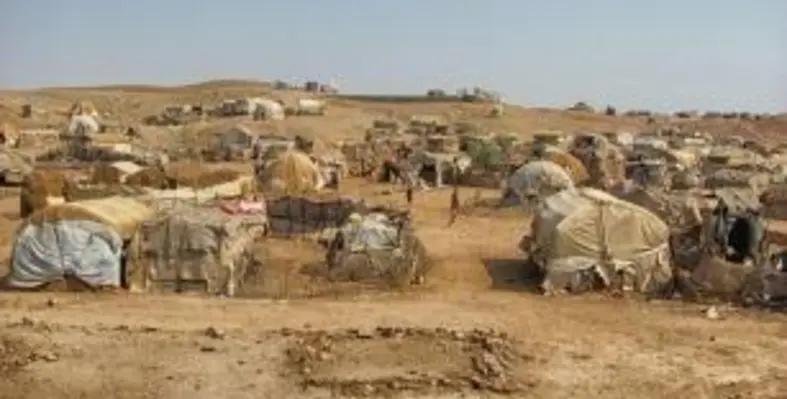An International Monetary Fund (IMF) team, led by Bhaswar Mukhopadhyay, held discussions in Asmara from 13–22 May 2019 on the Article IV Consultation with Eritrea
At the conclusion of the mission, Mukhopadhyay issued the following statement:
“Eritrea has just emerged from twenty years of conflict with Ethiopia and a decade of sanctions imposed by the international community. The war and then international isolation deprived the country of vital investment, trading opportunities and external support, and have left the economy in a difficult situation. The peace agreement with Ethiopia and lifting of international sanctions provide a welcome opportunity to build an impetus for economic development and to begin implementing much-needed reforms.”
“The information base of economic developments in Eritrea has deteriorated, and the conditions prevailing in the country have given rise to data and capacity constraints. Nonetheless, the mission received useful information to better understand the macroeconomic situation and capacity development needs in Eritrea.”
“Eritrea’s economy is dominated by agriculture and mining and is highly vulnerable to shocks. Most of its population is engaged in rain-fed subsistence agriculture, which is exposed to repeated droughts. Data estimates show that GDP fell sharply in 2017, driven by the regional drought. The real GDP growth is expected to have recovered in 2018.”
“Looking ahead, the near-term outlook for real GDP growth is challenging due to the tight fiscal situation and existing restrictions on economic activity. Over the medium-term prospects for a pick-up in growth are promising, including due to new mining projects coming on stream. Policies to restore the health of the fiscal and financial sectors will be central to ensuring macroeconomic stability and broader economic reforms will help to deliver inclusive development.”
“The mission team expresses its gratitude to the authorities for their warm hospitality and productive discussions. The IMF stands ready to assist the authorities in the implementation of their economic policies, including through the provision of technical assistance, and looks forward to continuing the policy dialogue.”
The mission met with the minister of finance, minister of health, minister of tourism, the minister of national development, the minister of agriculture, the acting central bank governor and other senior government officials as well as representatives of the banking sector and international partners.












